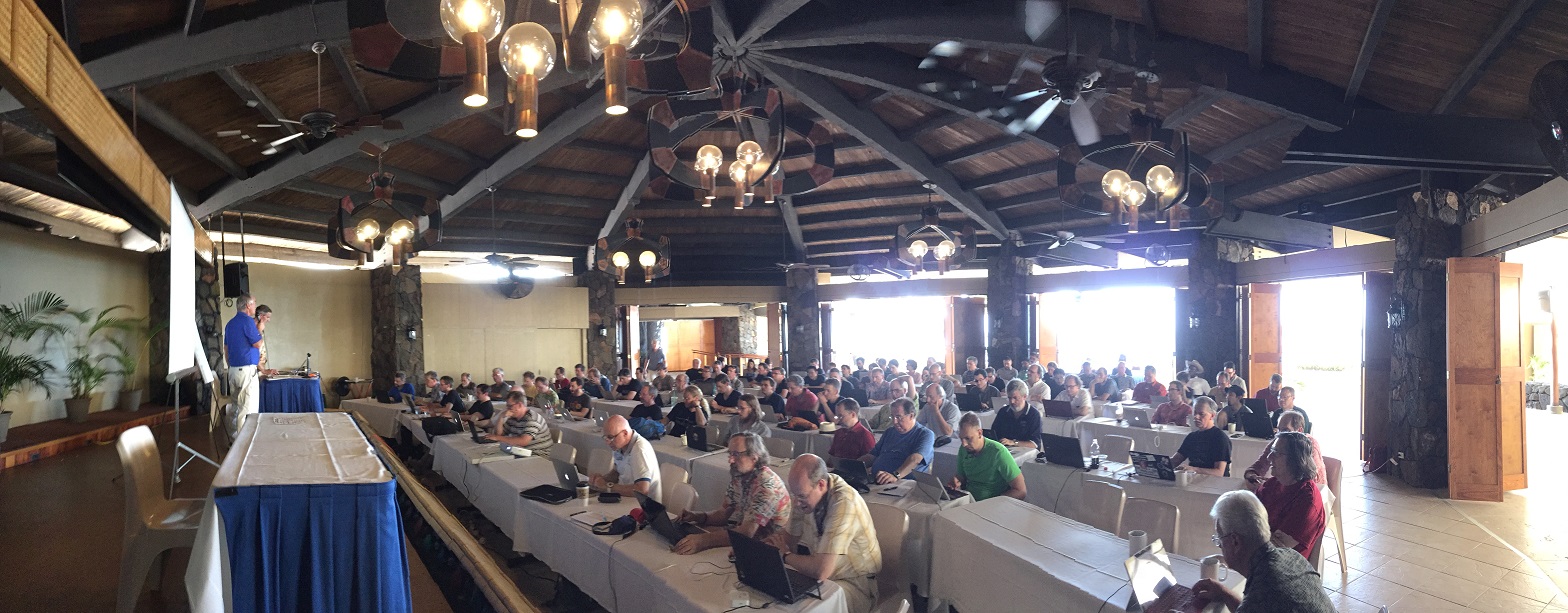Happy Halloween: C++ and zombies
Happy Halloween!
C++ and Zombies: A moving question
by Jens Weller
From the article:
And that there are two fractions, one of them stating, that it is ok to have well defined zombies, while some people think that you'd better kill them...

 Another hour, another trip report from the just-concluded ISO C++ meeting:
Another hour, another trip report from the just-concluded ISO C++ meeting: